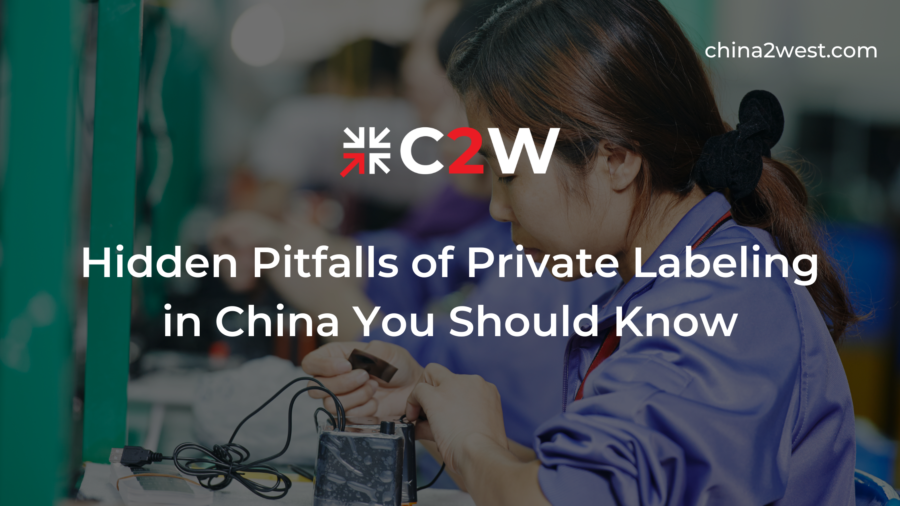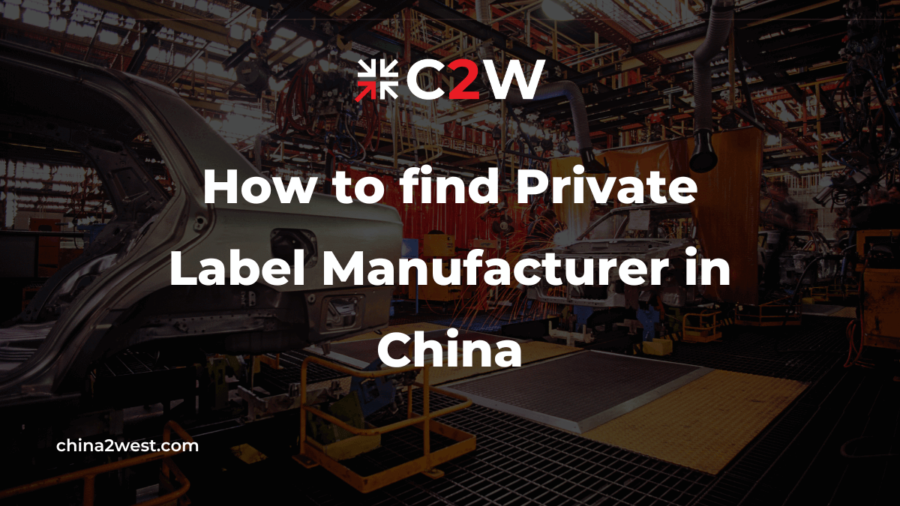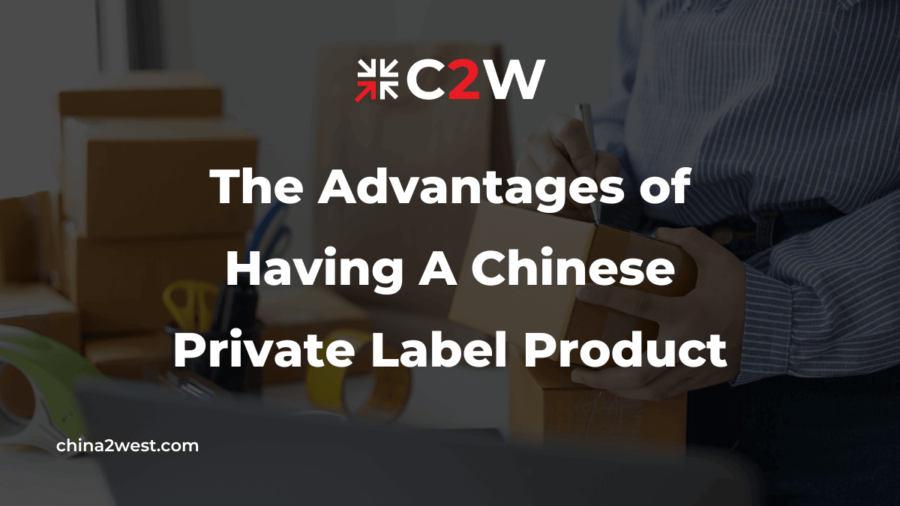Private labeling in China has surged in popularity as businesses seek efficient ways to bring their products to market. While the allure of lower production costs and rapid market entry is strong, navigating this landscape comes with hidden pitfalls that demand careful consideration.
In this comprehensive guide, we’ll delve into these challenges to ensure you approach private labeling in China with a well-informed strategy.
Understanding Private Labeling
Definition
Private labeling is a business strategy where companies source products from manufacturers and sell them under their brand name.
This model allows businesses to focus on marketing and sales, leveraging the expertise of specialized facilities for manufacturing.
Growing Trend
The trend of private labeling has witnessed exponential growth, particularly with the rise of e-commerce.
The convenience it offers, allowing businesses to swiftly introduce products without the lengthy product development phase, has made it an attractive and viable option across diverse industries.
The Appealing Facade
Cost Efficiency
Private labeling in China stands out for its cost-efficiency. The country’s manufacturing capabilities often translate into lower production costs, providing an attractive proposition for businesses aiming to maximize their profit margins.
Rapid Market Entry
One of the primary advantages of private labeling is the ability to quickly enter the market with minimal investment in product development. This agility is particularly beneficial in fast-paced industries where being first to market is a considerable advantage.
Hidden Pitfalls
Quality Control Challenges
Maintaining quality control can be a significant challenge when private labeling in China. Language barriers and cultural differences may lead to misunderstandings, potentially compromising the quality of your products.
Regular inspections, rigorous testing protocols, and clear communication channels are essential to mitigate this risk and ensure your brand’s reputation remains intact.
Intellectual Property Concerns
Intellectual property protection in China has been a long-standing concern. Private labeling businesses may find it challenging to safeguard their unique formulations and designs.
Prioritize thorough legal consultations, consider patenting essential elements, and implement stringent contractual agreements to protect your intellectual property.
Unpredictable Regulatory Landscape
Navigating China’s regulatory environment can be complex, with laws and standards subject to frequent changes. Stay informed and work closely with legal experts to ensure compliance with evolving regulations.
This proactive approach is crucial to avoid costly setbacks and maintain a smooth operation.
Currency Fluctuations
The volatility of the Chinese currency can impact the overall cost-effectiveness of private labeling. Sudden fluctuations in exchange rates may affect your profit margins and pricing strategies.
Developing a risk management plan that considers currency variations is crucial for long-term financial stability.
Supply Chain Disruptions
External factors, such as natural disasters or geopolitical events, can disrupt the supply chain in China.
Identify alternative suppliers, implement contingency plans, and maintain a flexible supply chain to navigate unexpected disruptions effectively.
Mitigating Risks
Partnering with Reputable Manufacturers
Selecting the right manufacturing partner is a critical step in mitigating risks. Thoroughly research potential suppliers, seek references, and conduct on-site visits to evaluate their facilities.
A reputable manufacturer not only ensures product quality but also contributes significantly to the success of your private labeling venture.
Robust Contracts and Agreements
Crafting comprehensive contracts and agreements is non-negotiable when private labeling in China. Clearly define manufacturing standards, quality control measures, and intellectual property protections.
These agreements serve as a safeguard, providing a legal framework that protects your interests and minimizes potential disputes.
Continuous Communication
Establishing open lines of communication with your manufacturing partners is vital for ongoing success. Regular updates, feedback sessions, and transparent discussions can help prevent misunderstandings and foster a collaborative relationship.
This continuous communication is essential for addressing any emerging issues promptly and maintaining a positive working relationship.
Diversification of Suppliers
Reducing dependency on a single supplier is a smart risk mitigation strategy. Identify and establish relationships with multiple suppliers to ensure a diversified supply chain.
This approach helps mitigate risks associated with potential disruptions from a single source.
Technology Integration
Leverage technology to enhance visibility and control over the manufacturing process.
Implementing real-time monitoring systems and quality control technologies can provide valuable insights, allowing you to address issues promptly and maintain product consistency.
Private labeling in China offers substantial opportunities for businesses, but it’s not without its challenges. By understanding and proactively addressing the hidden pitfalls discussed in this guide, you can navigate the landscape with confidence. Success in private labeling relies on strategic planning, meticulous research, and a commitment to mitigating potential risks.
Remember, the key to a thriving private labeling venture is a well-informed and prepared approach. If you are looking for a reliable manufacturer in China for your product as we advise, check out C2W. With nearly two decades of industry experience under the belt and vast network of 500+ suppliers, we are more than confident to provide you with a hassle-free private labeling journey. Contact us today!




